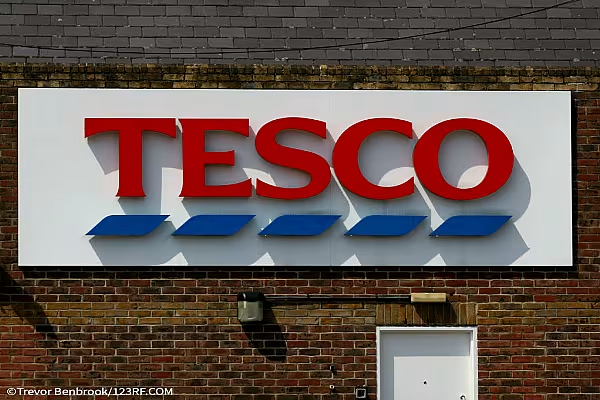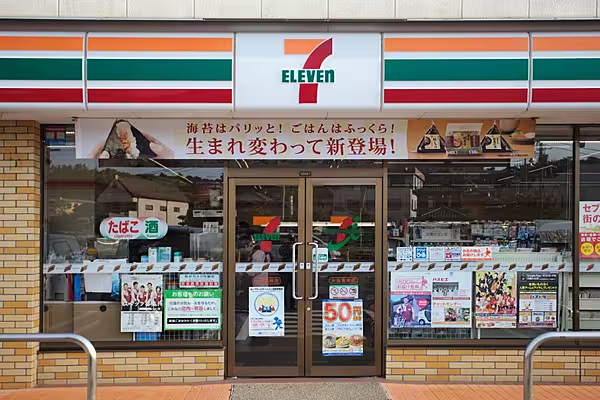Tesco, Britain's biggest retailer and one of the country's largest private sector employers, is facing union calls to increase store workers' pay after several rivals raised hourly rates for a second time this year.
Competition to attract and retain staff is heating up in a tight UK labour market amid a worsening cost-of-living crisis.
Sainsbury's, the country's second largest supermarket group, Marks & Spencer and German-owned discounter Lidl GB have all announced increases this month, paying hourly rates ahead of the market leader.
Tesco, which has a UK workforce of around 300,000, gave store and fulfilment centre workers a 5.8% rise in April, which took effect in July.
The deal, agreed with the USDAW union, took the pay of Tesco's hourly-paid workers to £10.10 ($11.41) an hour from £9.55 previously, which the union said at the time delivered the highest hourly rate of pay in the sector.
But the union says that with UK inflation running at just under 10%, Tesco now has to do more.
'Cost-Of-Living Emergency Has Deepened'
"As the cost-of-living emergency has deepened since then (April), USDAW continues to engage with all the employers we deal with to secure urgent assistance to tackle the hardship that many of our members are facing," Daniel Adams, USDAW national officer, said.
"We remain in ongoing discussions with Tesco and continue to press the business to respond to the crisis."
A spokesperson for Tesco declined to comment beyond confirming its current pay rates.
Last week Sainsbury's raised its minimum rate for 127,000 hourly paid workers to £10.25 from 16 October, while on Wednesday Marks & Spencer upped its rate for more than 40,000 workers to a minimum of £10.20 from 1 October.
On Thursday, German owned discounter Lidl GB said it would pay 23,500 workers a minimum of £10.90 an hour from 1 October.
In July, rival discounter Aldi said it would pay its staff a minimum of £10.50 an hour from September, while in June, Morrisons said it would pay a minimum of £10.20 from October.
With Britain's jobless rate at its lowest since 1974 the Bank of England is watching pay settlements closely as it mulls further rises in interest rates.
News by Reuters, edited by ESM – your source for the latest retail news. Click subscribe to sign up to ESM: European Supermarket Magazine.














